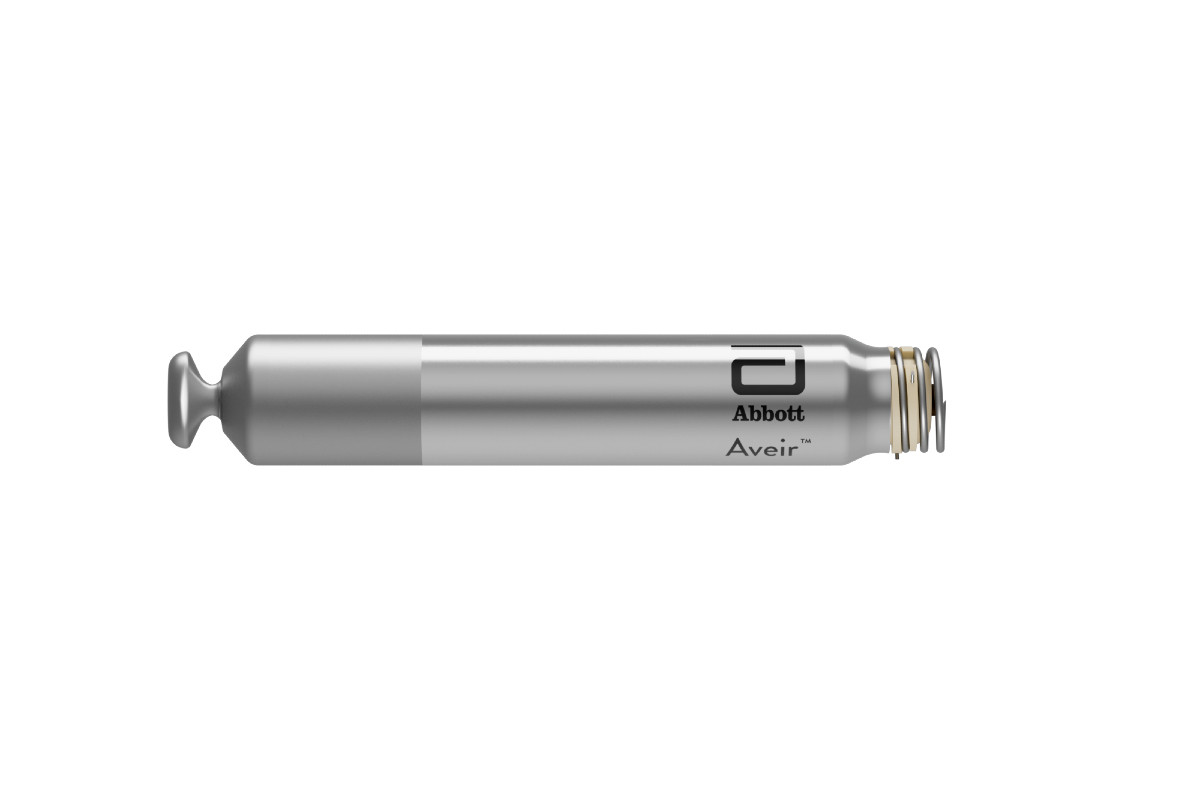The CAR T-cell therapy – known as ‘obe-cel' – involves taking a patient's immune cells and reprogramming them in a lab to identify and target their cancer, before returning them to the body as ‘living medicine'.
Patients experienced mild to moderate side effects from the treatment, with Cytokine Release Syndrome the most common side effect, which happens when the immune system goes into overdrive after treatment, causing flu-like symptoms.
NHS England has announced that the personalised therapy would be available on the NHS within weeks through specialist centres.
Eligible patients will receive two doses of CAR-T therapy intravenously, 10 days apart, with the treatment being delivered at selected specialist CAR-T centres across the country.
The treatment will be available to people aged 26 and over living with B-cell acute lymphoblastic leukaemia, which has returned or not responded to previous treatment, following approval from the NICE.
Acute lymphoblastic leukaemia is an aggressive cancer in the blood and bone marrow, with around 800 people being diagnosed in the UK every year, around half of which are in adults.
It is estimated that it could be administered to around 50 patients each year in England.
Professor Peter Johnson, NHS national clinical director for cancer, said: ‘This living medicine boosts a patient's own immune system and then guides T-cells towards the cancer to kill it – it is fantastic to have another pioneering option available on the NHS, adding to our range of CAR-T therapies which are helping people with blood cancers live longer, healthier lives.'
Health minister Ashley Dalton said: ‘Our 10-Year Health Plan is about harnessing our world-leading life sciences sector to deliver treatments like this – innovative therapies that save lives.
‘By supporting new treatments with fewer side effects and shorter hospital stays, we're building an NHS fit for the future whilst cementing the UK's position as a global leader in medical research.'
Fiona Bride, interim chief commercial officer and director of medicines value & access at NHS England, said: ‘This is a success story that's made in Britain, and shows how collaboratively we can bring to life the ambition of the 10-Year Health Plan, showcasing how the UK's competitive edge in life sciences can translate to better outcomes and treatments for NHS patients.
‘The journey of obe-cel from scientific research in a UK university to a safe, clinically and cost-effective treatment set to be delivered through the NHS specialist CAR-T network is a remarkable one and I am grateful to colleagues who have played their part along the way.'
The therapy will be fast-tracked to patients more quickly than the standard 90-day implementation period thanks to interim funding from the NHS's Cancer Drugs Fund.
This is the latest personalised CAR-T therapy offered by the NHS in England since it was the first health system in Europe to offer CAR-T in 2018. The NHS now offers a range of CAR-T treatments for different forms of blood cancers to treat adults and children.
Dr Claire Roddie, UCLH consultant haematologist and associate professor at the UCL Cancer Institute, said: ‘Many more patients now stand to benefit from CAR-T cell therapy on the NHS. We have been working on proving the safety and efficacy of this drug for ALL since 2017 and it has brought together clinical and research teams from UCL and UCLH, with support from government and arms-length bodies like the NIHR and the BRC, as well as the pharmaceutical industry.'
Aucatzyl (obecabtagene autoleucel) is manufactured by Autolus Therapeutics, a spin-out from University College London, and will be made in Stevenage, which is home to multinational pharmaceutical companies and the Cell and Gene Therapies Catapult.



